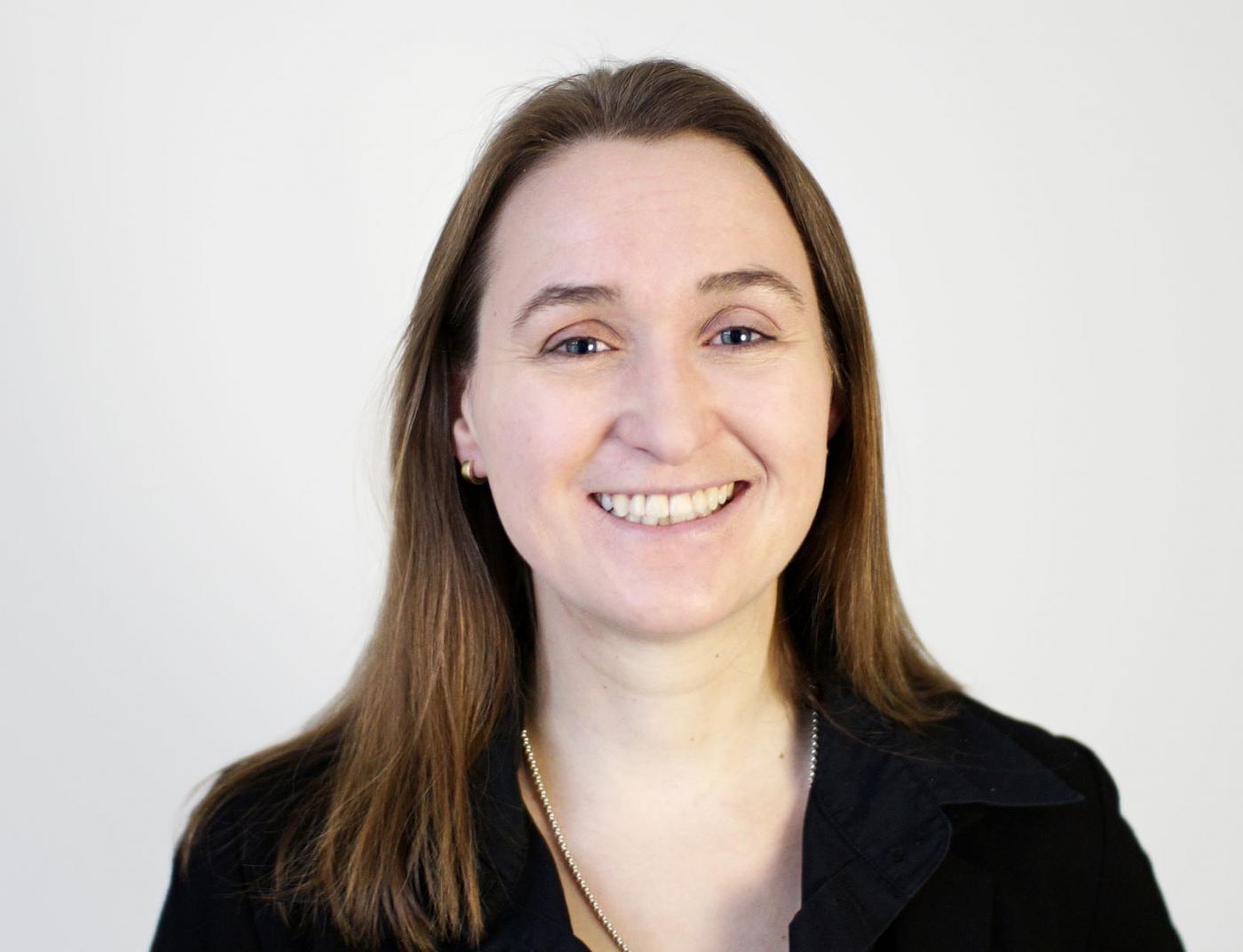The five waves of the survey provide detailed information about respondents attitudes, concerns and confidence in terms of the pandemic. The results give policymakers findings on which they can optimise their coronavirus strategy, for instance, raising the willingness to be vaccinated. A campaign that is as targeted as possible and spans various channels is advisable for reaching those who have not yet shown a great need of information," says Neumann-Böhme, who is a visiting researcher from the Erasmus School of Health Policy & Management in Rotterdam at HCHE as part of the European doctoral programme IQCE.
Information is crucial. Commenting on the latest wave of the survey by the Hamburg Center for Health Economics (HCHE) at the University of Hamburg on the coronavirus, Sebastian Neumann-Böhme, a health economist, said: "Only 34 per cent of those who said they had not followed the outbreak of COVID-19 closely are willing to be vaccinated. This contrasts with 73 per cent of those who have followed the news very closely are willing to be vaccinated."
Increasing willingness to be vaccinated

Gathering detailed information
The accuracy of the approach is key to a successful campaign. "Our study can help with this. We collected information on region, gender, age and education, as well as about reasons for or against a vaccination. We received answers such as 'I want to protect myself and my family' or 'I am afraid of side effects'," said Andrea Bükow, Managing Director of HCHE.

HCHE tenth anniversary
This knowledge transfer from science to politics and society counts among HCHE’s main tasks. This year marks the tenth anniversary of one of Europe’s largest health economics centres HCHE has more than 90 members and six focal points: population health, big data and digital health, health care financing, health economic evaluation, outpatient and inpatient care and pharmaceuticals' markets. The centre regularly invites experts to present their latest findings and to discuss them with academics as part of an interdisciplinary approach that examines topics from both a medical and an economic viewpoint.

Master's in Health Economics & Health Care Management
Both the University of Hamburg and the University Hospital Hamburg-Eppendorf (UKE) are committed to education. "In 2013, we launched our own Master's course, Health Economics & Health Care Management. It has been very well received and provides the necessary qualifications for a wide range of professions in business, politics or research," said Bükow.
Survey indicates positive development
One of the graduates is Neumann-Bohme and has noted a positive trend in the latest wave of the coronavirus survey. "When it came to willingness to be vaccinated, we did not simply request a ‘yes’ or ‘no’ reply, but also offered the option of ‘unsure’." He added: "Many previously undecided among the 18 to 24-year-old age group have become more positive. Asked about their willingness to be vaccinated, around 52 per cent of 18 to 24 year olds replied ‘yes’ in January compared to 36 per cent in November. This is a hugely positive development.”
ys/kk/pb
Sources and further information
More
Similar articles

Hamburg reaches future contract with universities

Northern Germany's industrial healthcare industry on solid course

Senate providing UKE with another EUR 17.4 million
